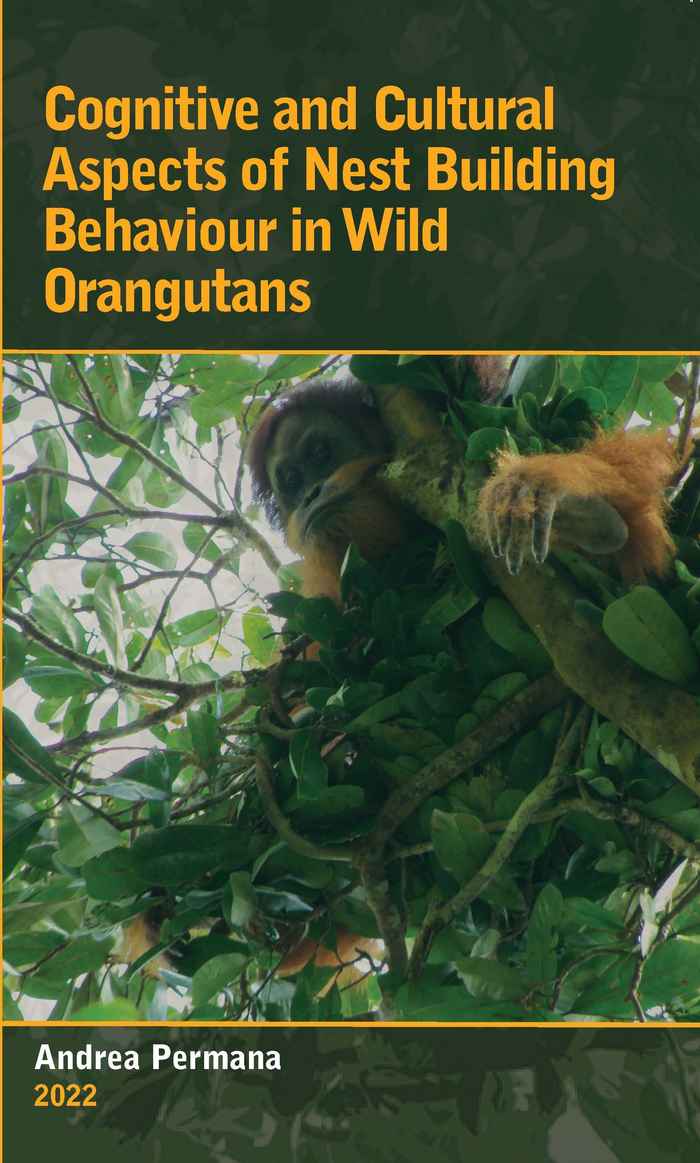PhD defence ceremony Andrea Permana
- Date
- 27 October 2022
- Time
- 10:00
- Location
- Agnietenkapel

Cognitive and Cultural Aspects of Nest Building Behaviour in Wild Orangutans
All species of great ape construct nests for periods of sleep or rest. The aim of this thesis was to explore the cognitive and cultural aspects of nest building behaviour to improve our understanding of the implications of the behaviour to the daily lives of orangutans and to the evolution of intelligence and material culture in hominids. Data were collected principally at Suaq Balimbing, Sumatra with comparative data from the ecologically similar but genetically distinct Sabangau, Kalimantan. We observed nest building events, revisited nests to collect empirical data and systematically deconstructed nests at both sites to compare nest structures and to identify nest function and describe the ontogeny of the behaviour. We found distinct functions for day and night nests, identified preferences according to the age-sex class of the individuals and present evidence that species preferences are cultural and not a product of habitat availability. Orangutans at Suaq provide evidence of innovations in nest architecture but commonalities between the sites and with chimpanzees in Africa suggest a conserved template exists for nests in the hominid clade. In Sumatra, the ontogeny of nest building took over seven years with practice of the more complex elements extending beyond independence. Simple day nests are mastered around the first birthday, but exploration and practice of night nests takes place around the onset of weaning. This thesis has shown that culture pervades nest building and that it requires complex hierarchical cognition providing compelling evidence that the last common ancestor was capable of complex technical intelligence.
